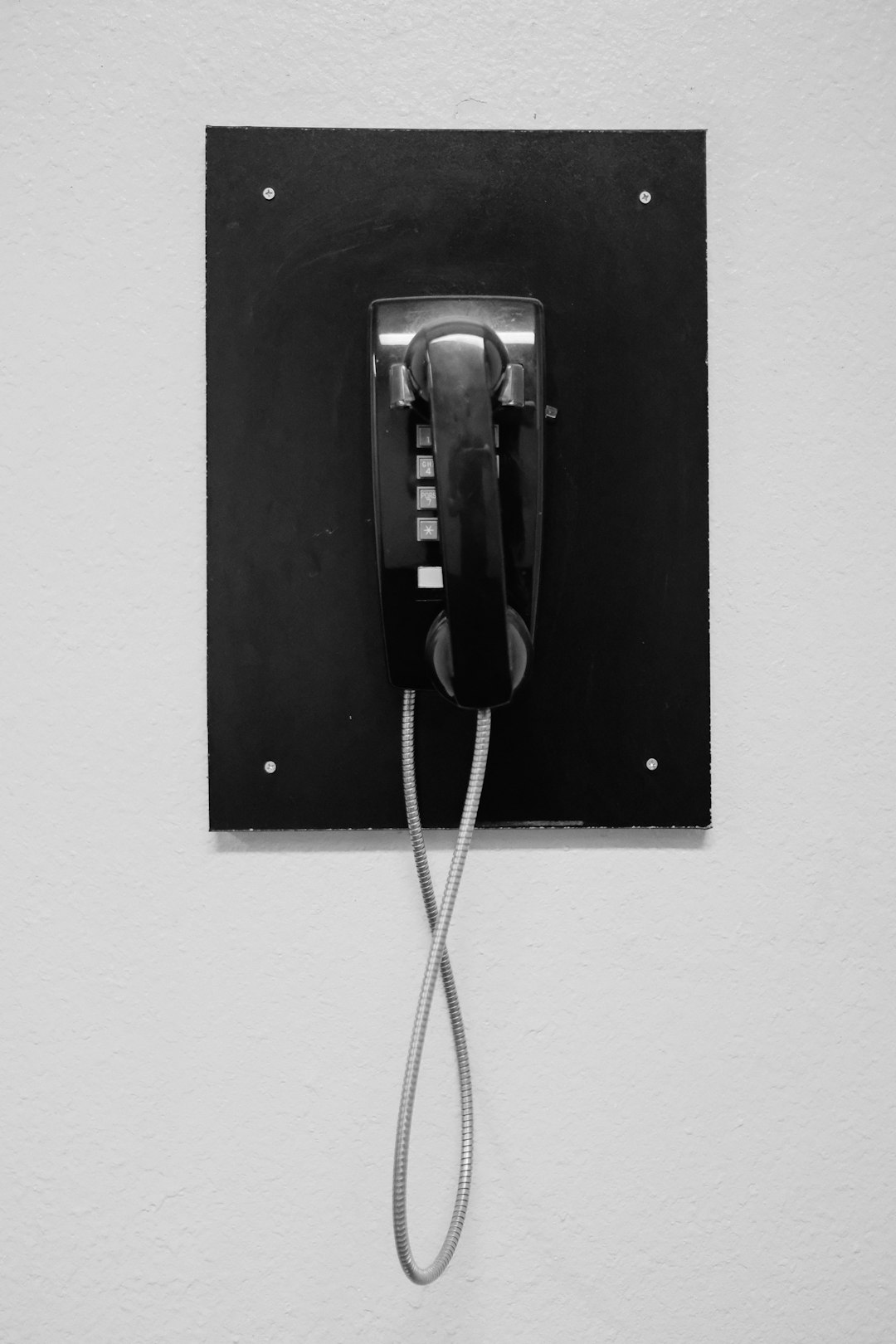New Jersey's robust telemarketing laws protect residents from intrusive calls by regulating all telephone solicitation. Consumers can opt out of sales calls at any time, and telemarketers must obtain prior consent for automated messages. These strict rules, enforced by the Attorney General's Office, safeguard privacy while promoting ethical business practices, eliminating the need for "do not call lawyers" in New Jersey.
In New Jersey, telemarketing laws protect consumers from unwanted calls, ensuring respect for personal privacy. This comprehensive guide explores your rights under these regulations, empowering you to navigate the do-not-call lists and prevent intrusive sales pitches. We delve into the definition of telemarketing, clarify who is covered, and outline your legal standing as a consumer. Learn how to enforce your rights and report violations without resorting to call lawyers.
Telemarketing Laws in New Jersey: An Overview

New Jersey has established comprehensive telemarketing laws to protect residents from unwanted phone calls, ensuring a balance between consumer privacy and legitimate business practices. These laws are particularly relevant in today’s digital age, where telemarketers employ various techniques to reach potential customers. One notable aspect is the absence of specific “do not call” registry as seen in other jurisdictions; instead, New Jersey relies on the federal Do Not Call Registry and state-level regulations.
Consumers in New Jersey can expect certain rights, including the ability to opt-out of sales calls at any time by simply asking the caller to remove their number from their list. Moreover, these laws restrict telemarketers from making calls using automatic dialing systems or prerecorded messages without prior consent. This overview highlights the state’s commitment to consumer protection, offering a robust framework for residents to manage and limit unwanted telemarketing activities while fostering ethical business interactions.
Who Does New Jersey's Law Protect?

New Jersey’s Telemarketing Laws are designed to protect residents from unwanted and intrusive marketing calls, often referred to as “do not call” laws. These regulations extend to a wide range of individuals, ensuring that everyone has the right to privacy and control over their phone communications. The law covers all telephone solicitation calls made to New Jersey residents, regardless of whether they have given explicit consent or not.
This includes commercial calls from businesses seeking to sell products or services, as well as calls from organizations attempting to raise funds or promote political causes. Importantly, the law applies to both live operators and automated dialing systems, commonly known as robocalls. New Jersey residents can rest assured that they have a say in who contacts them and when, allowing them to focus on calls they do want to receive.
What Is Considered Telemarketing?

Telemarketing, in the context of New Jersey’s laws, refers to any method of soliciting or attempting to sell goods or services by telephone. This includes live operators, prerecorded messages, faxes, and even texts. It’s important to understand that this term encompasses a wide range of interactions, from direct sales pitches to more subtle forms of advertising.
In New Jersey, businesses must adhere to strict guidelines when engaging in telemarketing activities, particularly regarding consumer privacy and consent. The state’s “Do Not Call” laws are designed to protect residents from unsolicited calls, with specific rules for both commercial and non-commercial entities. These laws also prohibit certain practices, such as making calls using automated dialing equipment without a valid exemption, ensuring that consumers’ rights are respected in the age of digital communication.
Your Rights as a Consumer

As a consumer in New Jersey, you have rights when it comes to telemarketing practices. The state’s laws are designed to protect residents from unwanted and intrusive sales calls, ensuring a certain level of privacy and peace. One of your primary rights is the ability to opt-out of receiving marketing calls. You can do this by simply asking the caller to remove your number from their list, which they are legally required to do.
Additionally, New Jersey regulations restrict the times during which telemarketers can contact you. Typically, these calls are limited to between 8 a.m. and 9 p.m., Monday through Saturday. You also have the right to request that specific individuals or numbers be blocked from contacting you, providing an extra layer of protection from persistent or unwanted callers. Remember, there’s no need to engage with or hire “do not call lawyers” in New Jersey; these laws are in place to safeguard your rights as a consumer.
Enforcing and Reporting Violations

In New Jersey, enforcing telemarketing laws is primarily handled by the state’s Attorney General’s Office and local law enforcement agencies. If a consumer believes their rights have been violated, they can file a complaint with the Attorney General’s Consumer Protection Division. This division investigates complaints and takes appropriate legal action against violators. Consumers can also report violations to their local police department or the Federal Trade Commission (FTC) if the violation involves interstate telemarketing.
Reporting violations is an essential step in combating unsolicited calls. New Jersey residents are encouraged to document conversations, including dates, times, and the content of the calls. This information can be crucial in supporting a complaint. Additionally, many telephone companies offer tools for blocking numbers and reporting spam calls. By using these resources, consumers can actively participate in enforcing telemarketing laws without needing to engage with potential “do not call lawyers” in New Jersey.






